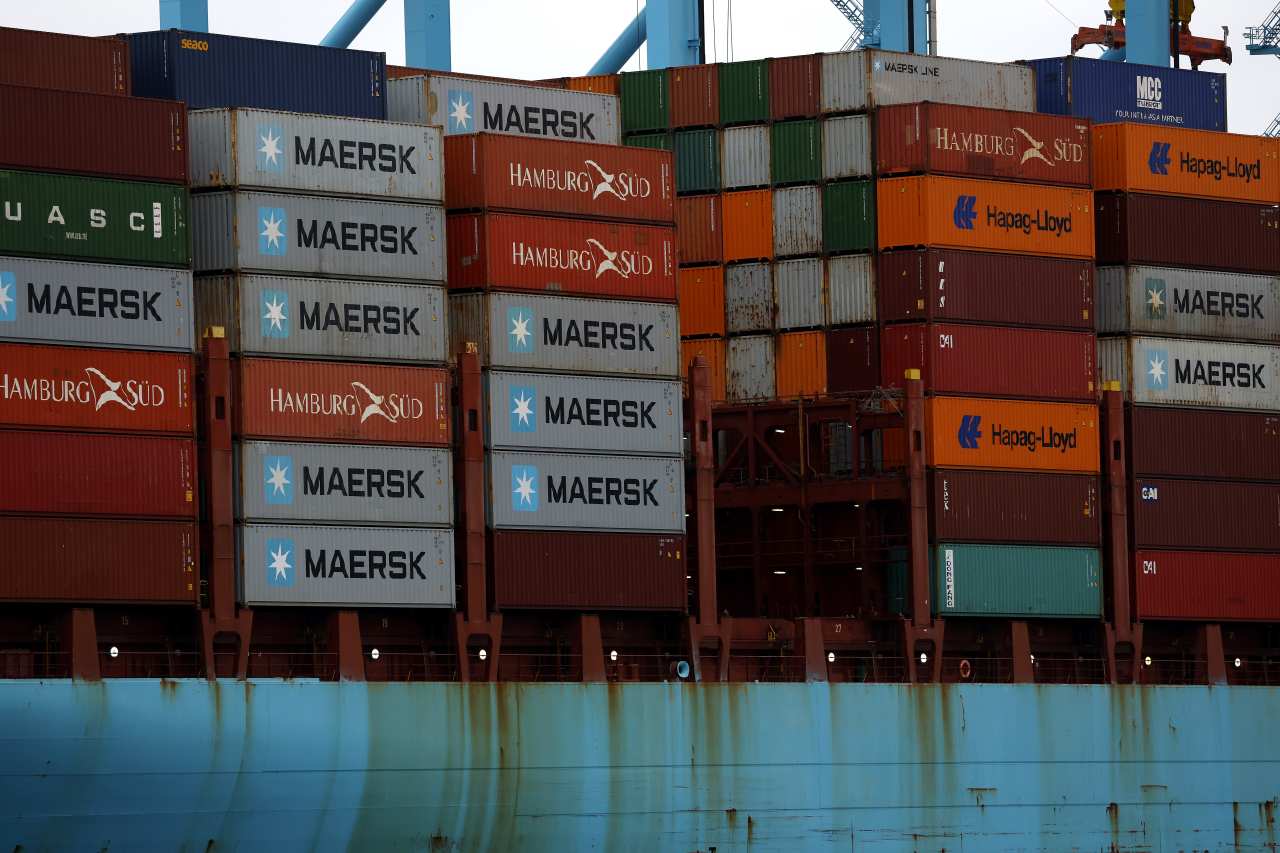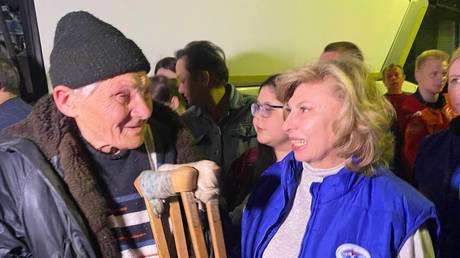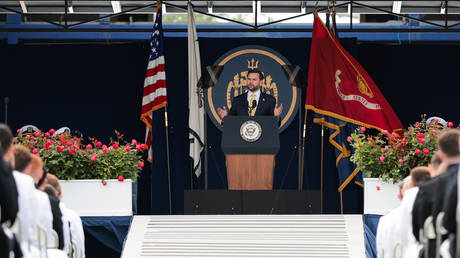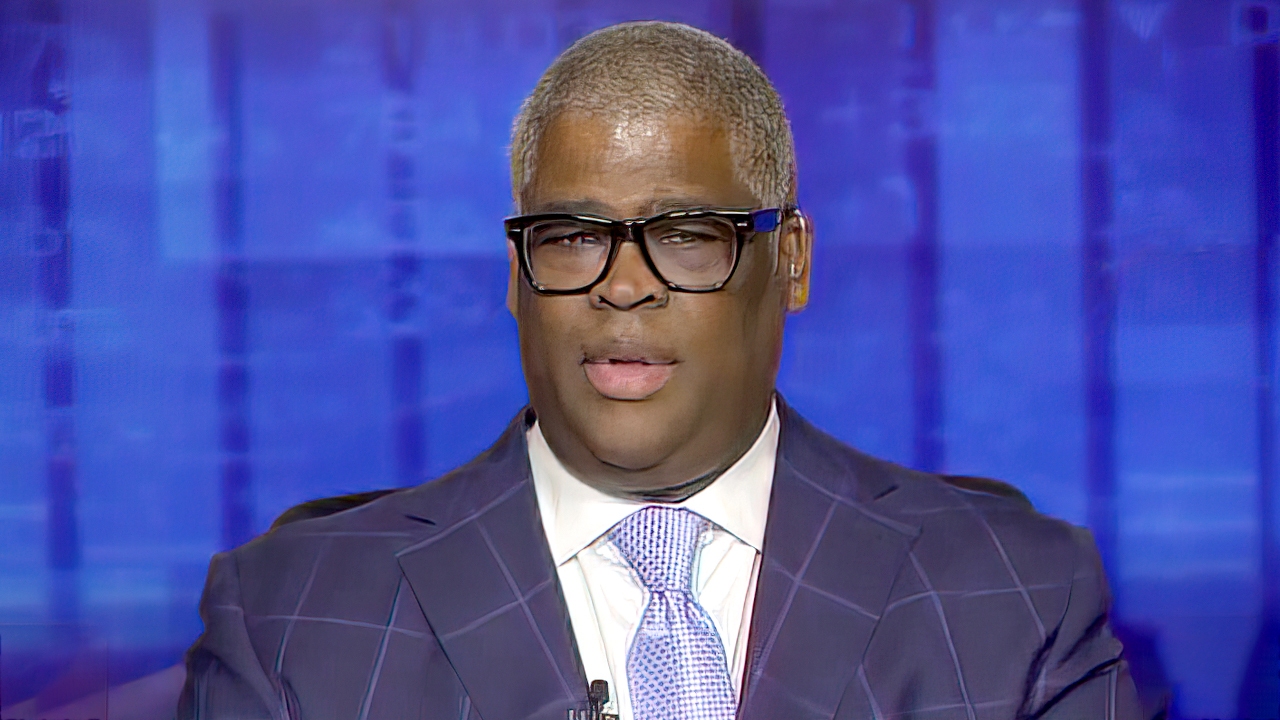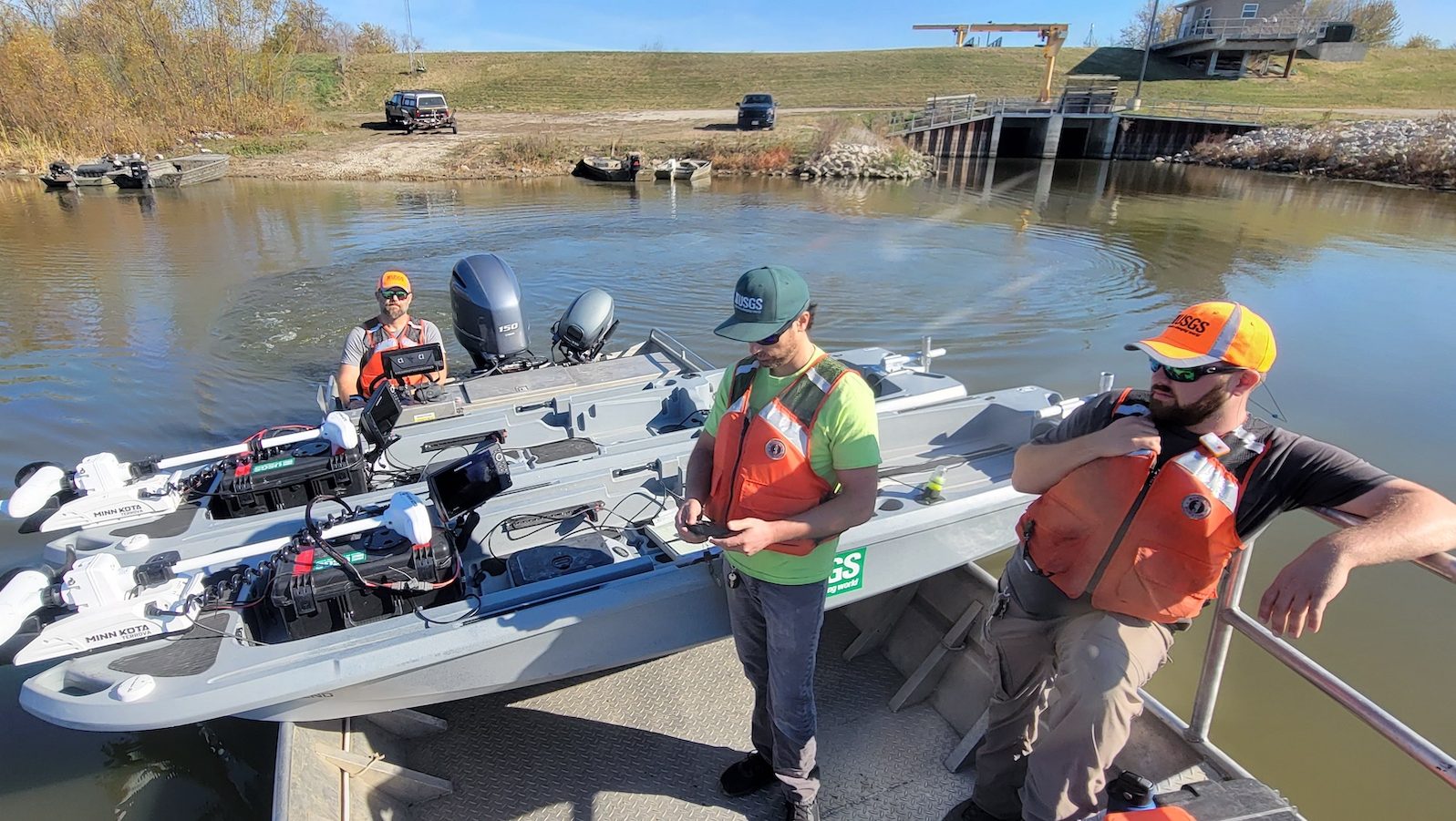BEYOND Expo 2025: Alibaba Cloud founder Jack Wang wants to take AI to space


In an era where AI progress is measured by parameter count and GPU hoarding, most companies are locked in a computing arms race. But Jack Wang, founder of Alibaba Cloud and head of Zhejiang Lab, is charting a different path: his aim is to process data in orbit rather than on land.
Speaking at the opening of BEYOND Expo 2025 in Macao on Wednesday, Wang unveiled a bold vision that pushes the boundaries of artificial intelligence beyond Earth. In a keynote entitled “Endless Computing, Endless Frontiers Exploration,” he proposed a fusion of four deep-tech areas: computing, AI, satellites, and space.
“AI shouldn’t be confined to devices like phones or computers. It’s time to apply it to space,” Wang said. Traditional satellites fall into three categories – communications, navigation, and remote sensing. Now, Zhejiang Lab is pioneering a fourth: computing satellites. Dubbed the Three-Body Computing Constellation, the project aims to deploy over 50 computing satellites this year and complete a 100-satellite network by 2027.
“People used to treat computing and satellites as unrelated fields,” Wang remarked. “But the Three-Body Computing Constellation isn’t about satellites, it’s about computing. Satellites are merely new vessels, like how PCs disrupted mainframes.”
Wang argued that it is key to separate the idea of computing from the physical devices we currently associate it with. “Back when Alan Turing coined the term ‘computer,’ he wasn’t talking about machines,” Wang said. “He meant human brains plus a pen and a piece of paper. The idea of digital machines came later.”
Today, Wang believes computing is no longer just about hardware, it’s the foundational logic of how we understand the universe. “The cosmos is a computer,” he said. “We’re only beginning to learn its programming language.”
Wang argued that transcending physical forms isn’t innovation – it’s expected – though he admitted that the leap into space may not make sense to everyone. “Truly disruptive technology will be misunderstood initially. If everyone gets it immediately, you should question whether it’s worth pursuing,” he said.
Contrasting with SpaceX’s centralized Starlink-style constellations, Wang advocates for an open satellite network where participants anywhere in the world can contribute computing-powered satellites to form a distributed collaborative system. This model, he argues, requires dismantling barriers between aerospace, IT industries, and international governance, and greater cooperation on areas such as enabling cross-border satellite standards interoperability.
By embedding computing capabilities into deep-space exploration, missions like expeditions to Mars could rely on in-orbit “space computers” rather than Earth-based commands. Wang envisions a “machines as pioneers, humans as followers” framework, where AI-driven systems autonomously analyze extraterrestrial environments before humans follow up.
As part of the BEYOND Expo 2025, Wang was also asked for his views on AGI (Artificial General Intelligence), but it’s clear he has his sights set beyond the buzzword. “Asking whether it’s AGI or not is the wrong question,” he said. “AI’s potential will exceed what we can imagine today, but it doesn’t matter what you call it.”
Wang argues that the focus should shift from AGI benchmarks to real-world utility: “Let’s stop chasing definitions and start thinking about how AI can transform industries.”
In Wang’s world, the next big leap won’t come from chasing labels. It’ll come from asking better questions – and maybe, just maybe, from looking up.
What's Your Reaction?
 Like
0
Like
0
 Dislike
0
Dislike
0
 Love
0
Love
0
 Funny
0
Funny
0
 Angry
0
Angry
0
 Sad
0
Sad
0
 Wow
0
Wow
0









